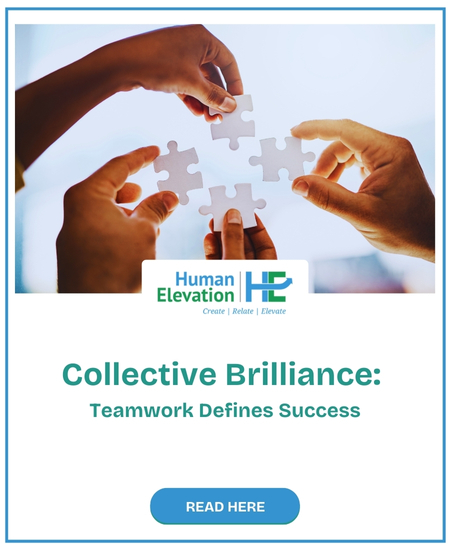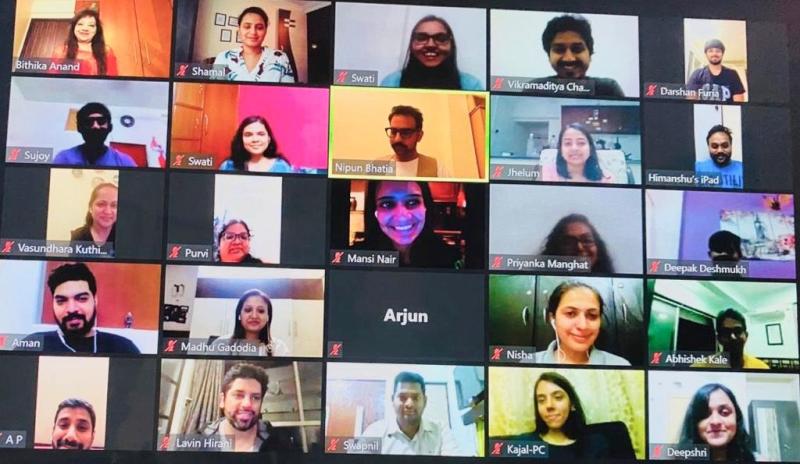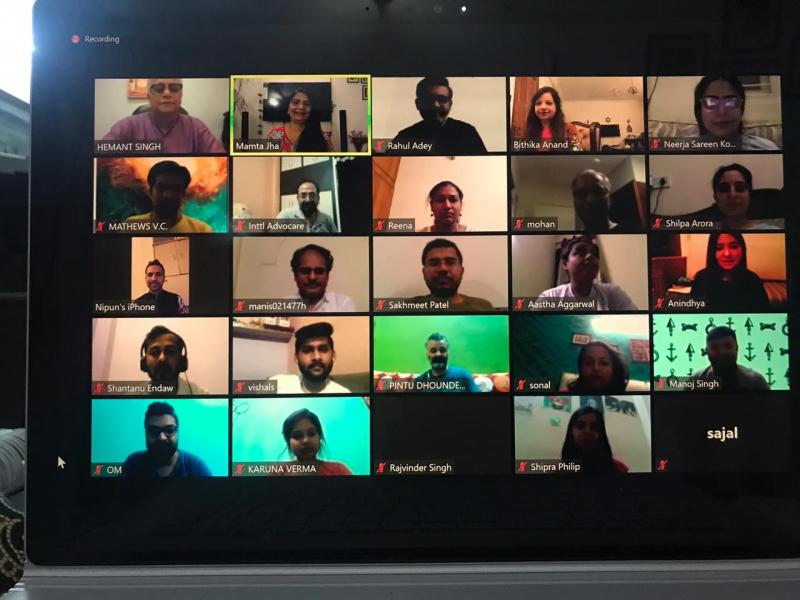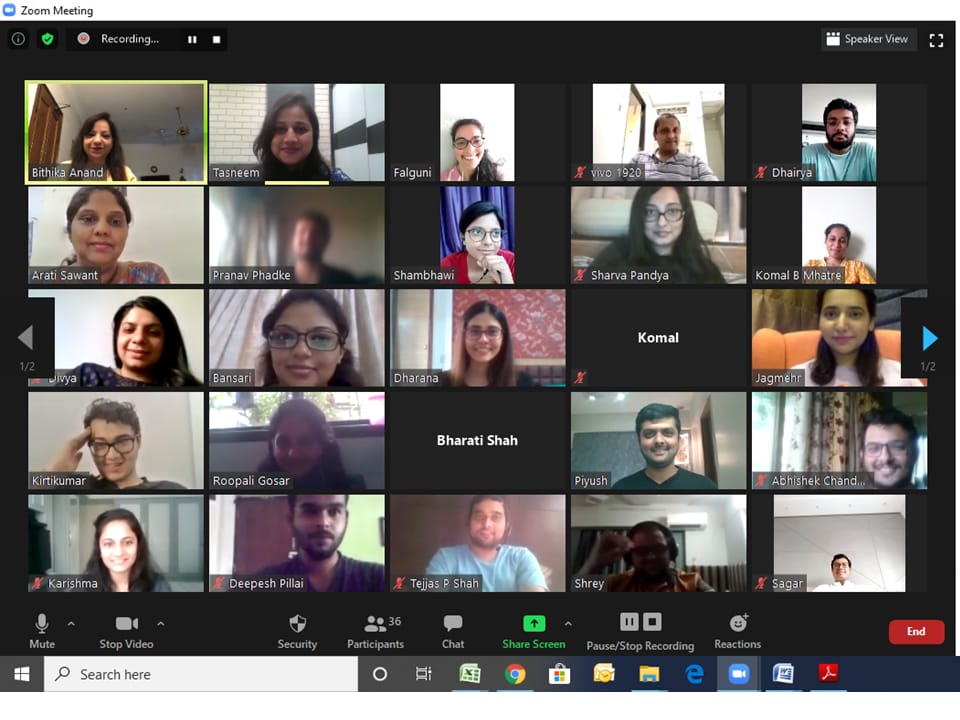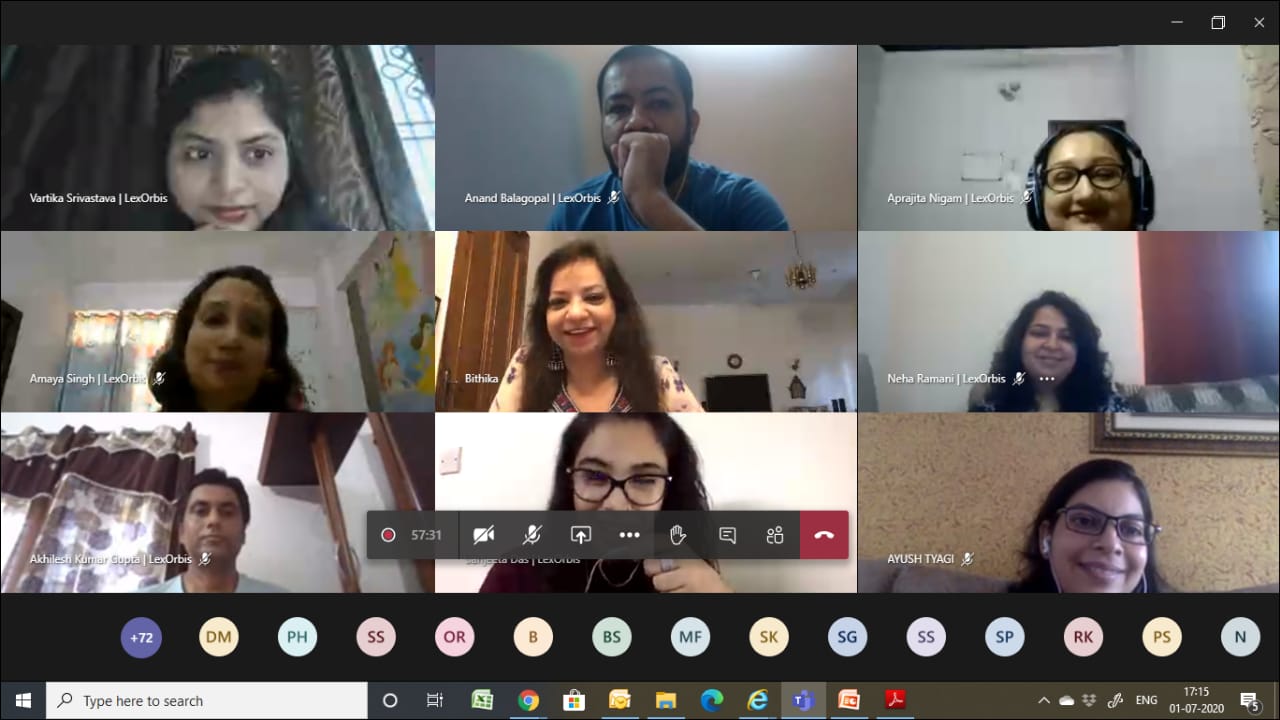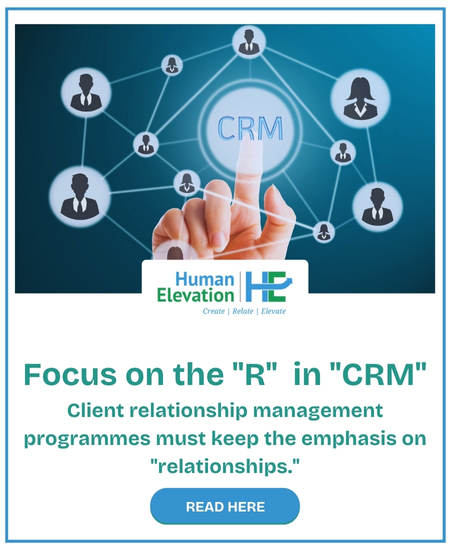
Focus on the "R" in "CRM" - Client relationship management programmes must keep the emphasis on "relationships."
Over the past few years, there has been a sharp increase in the implementation of customer relationship management (CRM) programmes across all sizes of law firms. Firms that were already successfully running CRM programmes are updating to the latest technology and those who are new to CRM are experimenting with processes and software for their firms.
CRM software for the legal industry has turned into an industry in itself with renowned companies like Lexis Nexis, Thomson Reuters and Aderant being joined by a host of other new companies, both small and large.
Among all the useful aids and tools available through CRM software, the R in CRM continues to be the most important letter in the acronym. Therefore while devising any CRM programme or implementing any software, it is imperative that you continue to ask how that tool or feature will add value to your relationship with your client.
Sometimes the best tools for strengthening relationships with your clients are not the complicated documents, slides and excel sheets, but a two minute phone call or a meeting over coffee.
There are many firms that do this effectively; however, a few get carried away by the expansive analysis and data that is generated through their newly acquired or updated CRM software. In the process, they end up over-relying on the same, under the assumption that this is what is desired by the client.
Some of the golden rules that have lasted generations even prior to the advent of technology include easy steps such as ensuring periodic interaction with your client without business being on the table or on your mind.
An easy way to build and maintain your client relationship is to gain your clients’ trust through transparent and fair billing processes. This is an area where your CRM and billing software provide the necessary support. However, you must remember that the essence of this exercise is not in the numbers but in the trust-building communication.
A lesser used feature which is slowly being incorporated by companies in their CRM products is the mapping of personal information of your client. Birthdays, anniversaries, graduation days of their children, weekly golf bets are perfect occasions to remind the clients that you care and are willing to invest your time in building your relationship with them.
Another linked observation has been the desire for clients demanding actual partner face time, which has resulted in clients shifting from top tier firms to lower tier firms where they are guaranteed higher face time. This further strengthens the belief that our profession is one where the product is the mind of our lawyers and the same cannot be replaced by technology.
The most important factor for any client relationship management programme to be successful is to ensure that it is the relationship that drives the programme and not the programme that drives the relationship. Each piece of client feedback should result in bespoke tailoring of your programme by building on the positive and addressing the negative.
The key aim should always be to become the confidant and trusted advisor of your client and thus move away from being merely a service provider. It is primarily for this reason that the stress in CRM has to be on building relationships.
At the end of the day, relationships are all about people, thus maintaining your relationship with your clients is solely in your hands. While software and processes can help keep you on track and allow you to map your CRM activities, the onus is on you to keep your clients close to you through a human connect.


